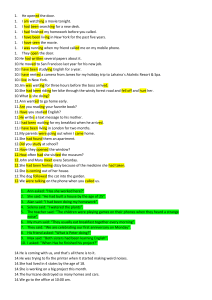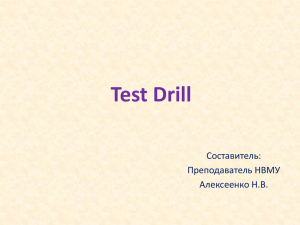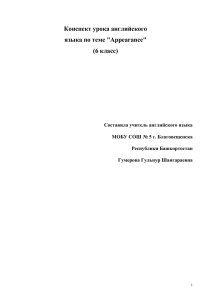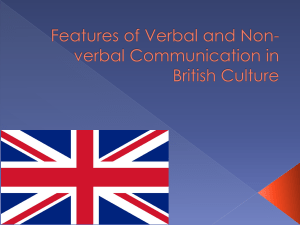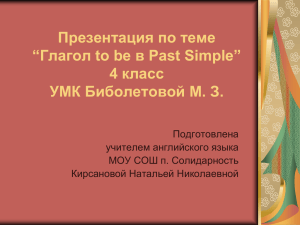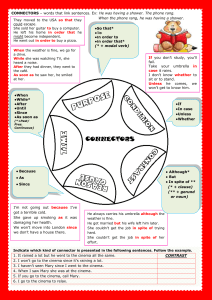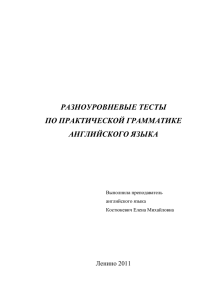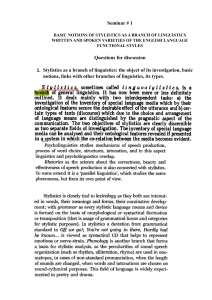present-perfect-vs-past-simple-basketball-game-activities-promoting-classroom-dynamics-group-form 91355
реклама
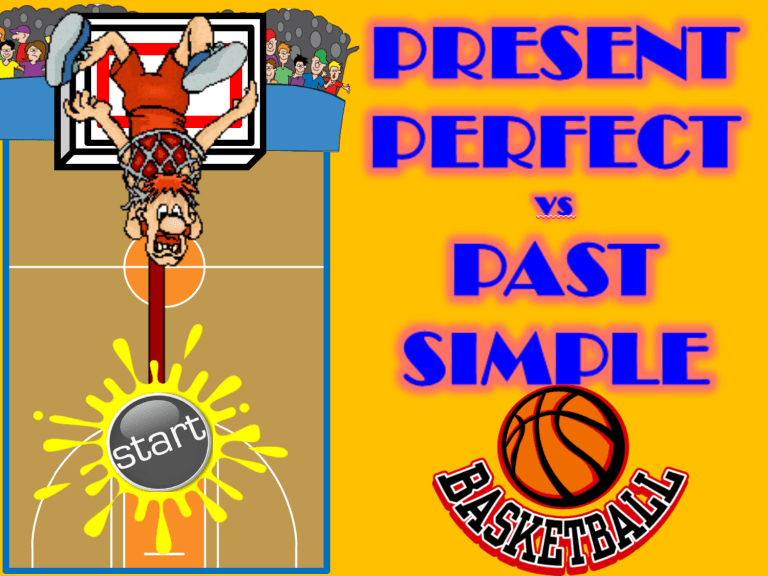
He … his homework. PRESENT PERFECT – no time reference (the result is more important) have finished has finished finished finish PAST SIMPLE – signal word “last … ” (it tells us when it happened) We … to a concert last week. have gone gone went go PAST SIMPLE – signal word “yesterday” (it tells us when it happened) I … Linda at the cinema yesterday. seen has seen saw have seen PRESENT PERFECT – signal word “already” (for a recently finished action) She … already … breakfast. has … eaten has … eat has … ate has … eats PAST SIMPLE – signal word “…ago” (it is a finished past action) Bob … five minutes ago. has left has leave leave left PRESENT PERFECT – signal word “yet” (we expect something to happen soon) … Mike and Sam… from school yet? Did / arrive Did / arrived Has / arrived Have / arrived PRESENT PERFECT – signal word “since” (for an unfinished past action) I … on holidays since Friday . was have been were have was My teacher … just … with my parents. PRESENT PERFECT – signal word “just” (for a recent event) has … spoken have … spoken spoke speak PAST SIMPLE – “this morning” is a completed past period (it’s probably after midday now) He … early this morning. didn’t got up didn’t get up hasn’t get up haven’t get up PAST SIMPLE– we want to know when something happened When … she … a new car? did … bought did … buy has … bought have … bought PRESENT PERFECT – signal word “ever” (for past experiences) … you ever … a car accident? Did … had Has … had Have … had Did … have I … my wife in 2010. PAST SIMPLE – signal word “in 2010” (for a finished past action) met have met meet have meet
![English Tenses [Perfect English Grammar]](http://s1.studylib.ru/store/data/006268029_1-d9804e5431139308ef1164f7434d1150-300x300.png)
